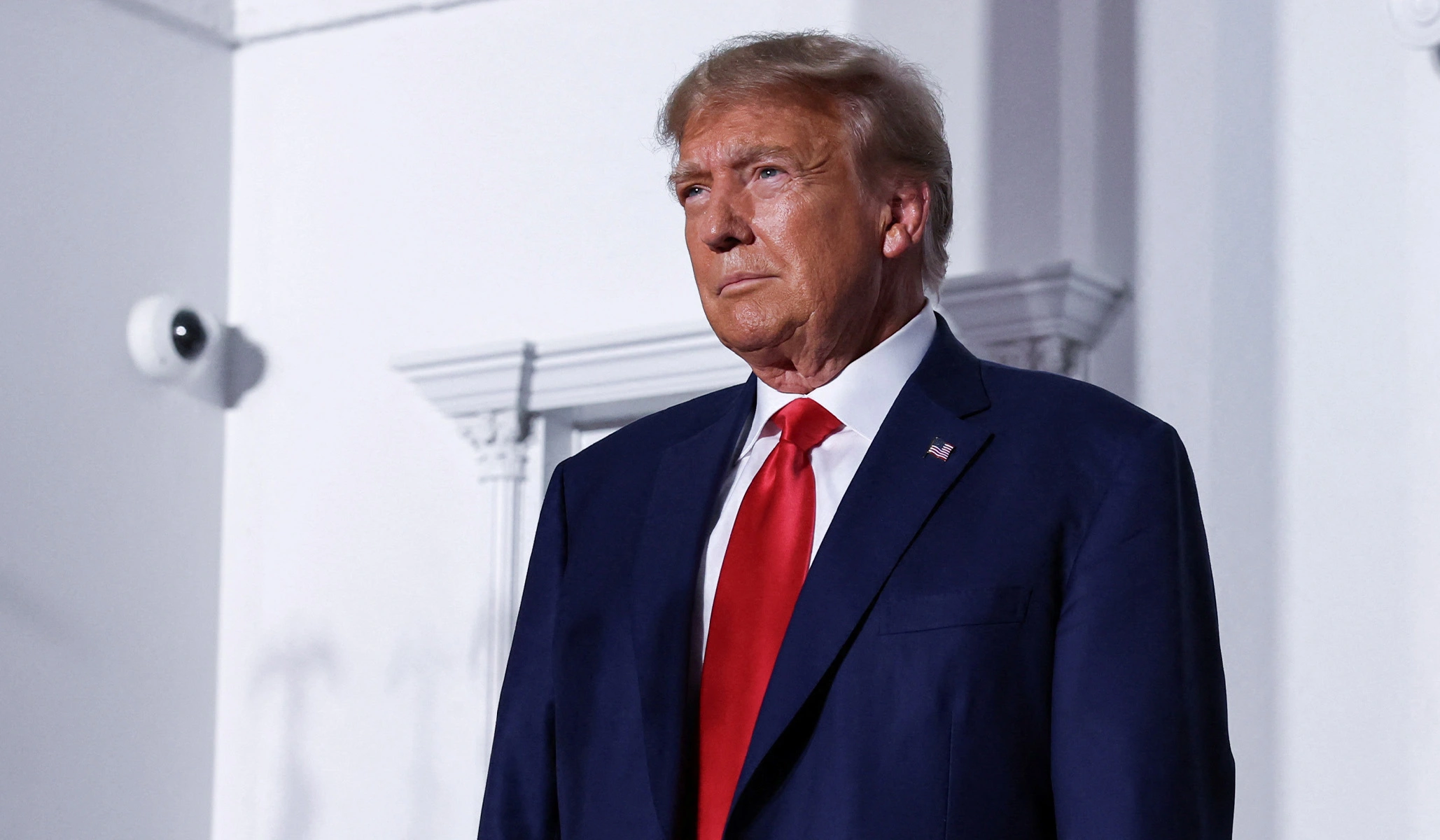The Presidential Records Act (PRA) cannot be used as a defense for President Trump’s alleged unlawful retention of national-defense information, specifically classified intelligence reporting generated by U.S. spy agencies. The PRA only addresses documents and records generated by and for the president in the execution of his duties, excluding agency records from its definition of “presidential records.” Intelligence reports compiled by national-security agencies are agency records, not presidential records. Therefore, the PRA does not apply to Trump’s case.
The article also criticizes Michael Bekesha’s attempt to use the case of Judicial Watch v. National Archives and Records Administration (NARA) as a defense for Trump. Bekesha argues that the case supports Trump’s position, but the author points out that it involved nonclassified tape recordings made by President Clinton, not agency records or classified reporting. The article emphasizes that agency records are excluded from PRA coverage.
The author further addresses Judge Amy Berman Jackson’s ruling in the case, clarifying that it did not conclude that no arm of the federal government had the authority to retrieve Clinton’s records. The ruling stated that NARA’s hands were tied, but other arms of the government could have taken action if they had chosen to do so. The article also highlights the PRA’s enforcement provisions and how they relate to the Mar-a-Lago search warrant.
In summary, the article argues that the PRA does not apply to agency records, including classified intelligence reports, and that the government’s enforcement of criminal laws related to national-defense information and obstruction is legitimate in Trump’s case. The indictment does not impermissibly rewrite the PRA, as it specifically addresses agency records, not presidential records.

